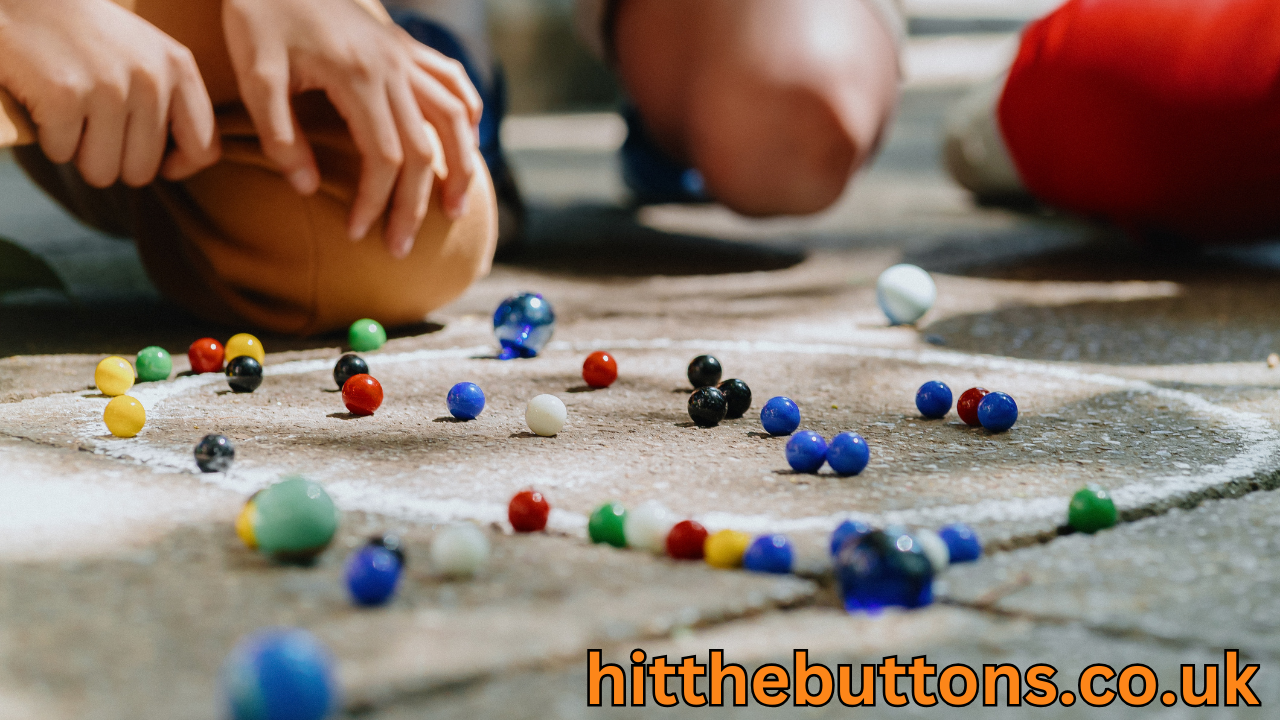Outdoor spaces can transform math from a textbook chore into an engaging, hands-on adventure. Fun math activities using outdoor environments can include counting tree rings to explore growth patterns, measuring the height of a flagpole using its shadow, or creating geometric shapes with natural materials like sticks and stones. Whether it’s solving equations under the sun or estimating shadows in the afternoon light, these activities inspire learning in fresh air. Let’s explore creative ways to make math fun for everyone.
Why Outdoor Spaces Are Perfect for Learning Math
Outdoor environments are brimming with natural resources that make math feel real and relatable. Fresh air and natural surroundings boost focus and creativity, encouraging kids to approach numbers with enthusiasm. Hit the button quick maths game can further enhance their engagement, turning learning into an interactive and exciting experience.
Benefits of Combining Math with Outdoor Activities
Blending math with outdoor fun improves retention. Physical activity helps embed concepts, turning abstract ideas into tangible experiences.
Math Games and Activities for Younger Kids
Counting With Nature
Nature provides unlimited resources for teaching numbers. Gather leaves, acorns, or pebbles for counting games. Ask kids to group them by tens or sort them by color.
Shape Hunts in the Playground
Turn your local playground into a geometry treasure hunt. Challenge kids to find objects shaped like circles, squares, or triangles. This hands-on activity reinforces the concept of shapes while exploring surroundings.
Hopscotch With Numbers
Replace standard hopscotch grids with math equations. For example, write 3+2 in one square and ask the player to jump to the square with the answer.
Math Activities for Older Children
Measuring Trees and Shadows
Teach geometry by measuring the height of trees using shadows and simple math formulas. Use a measuring tape for the shadow and compare it to the child’s shadow and height.
Estimation Games in the Garden
Guess the number of petals on a flower or leaves on a branch, then count them to see how close you were. This activity sharpens estimation skills while encouraging interaction with nature.
Graphing Outdoor Data
Track the weather or record bird sightings, then graph the results. Use these observations to discuss averages, trends, or probability.
Group Activities for Kids of All Ages
Outdoor Math Relays
Divide kids into teams and set up a relay race. Each station requires solving a math problem to move forward. The first team to finish all stations wins!
Building and Measuring Structures
Encourage kids to build small towers, bridges, or other structures using sticks, stones, or sand. Have them measure their creations and discuss the concept of stability and symmetry.
Using Outdoor Tools to Enhance Math Learning
Using Chalk for Sidewalk Equations
Chalk transforms sidewalks into interactive math boards. Draw grids for multiplication, addition, or subtraction games.
Math Journaling in the Park
Take notebooks outdoors for journaling math discoveries. Whether it’s recording patterns in leaves or counting steps, the journal becomes a creative math diary.
Making Math Learning Fun for All
Incorporating Seasonal Themes
Seasonal changes offer unique math opportunities. Calculate the circumference of pumpkins in fall or measure snow depth in winter.
Rewarding Outdoor Math Challenges
Offer small rewards for completed tasks, such as solving 10 equations or estimating the distance between two trees. A little incentive can make a big difference.
Conclusion
Learning math doesn’t have to be confined to classrooms. Outdoor environments create endless opportunities for creativity, engagement, and fun. So grab some chalk, head outside, and turn everyday surroundings into a math-filled adventure!
Fun Math Activities Using Outdoor Environments FAQs
-
What are some simple outdoor math activities for toddlers?
Counting pebbles, grouping leaves, or finding shapes in nature are great activities for younger kids.
-
How can older children benefit from outdoor math games?
Older children can practice advanced concepts like geometry and estimation in real-world settings.
-
Are outdoor math activities suitable for large groups?
Absolutely! Activities like relays and team-based challenges work well with larger groups.
-
What materials are needed for outdoor math lessons?
Simple items like chalk, measuring tapes, and notebooks are often sufficient.
-
How can weather affect outdoor math learning?
Weather adds variety use sunny days for shadow games or rainy days for puddle measurements.
